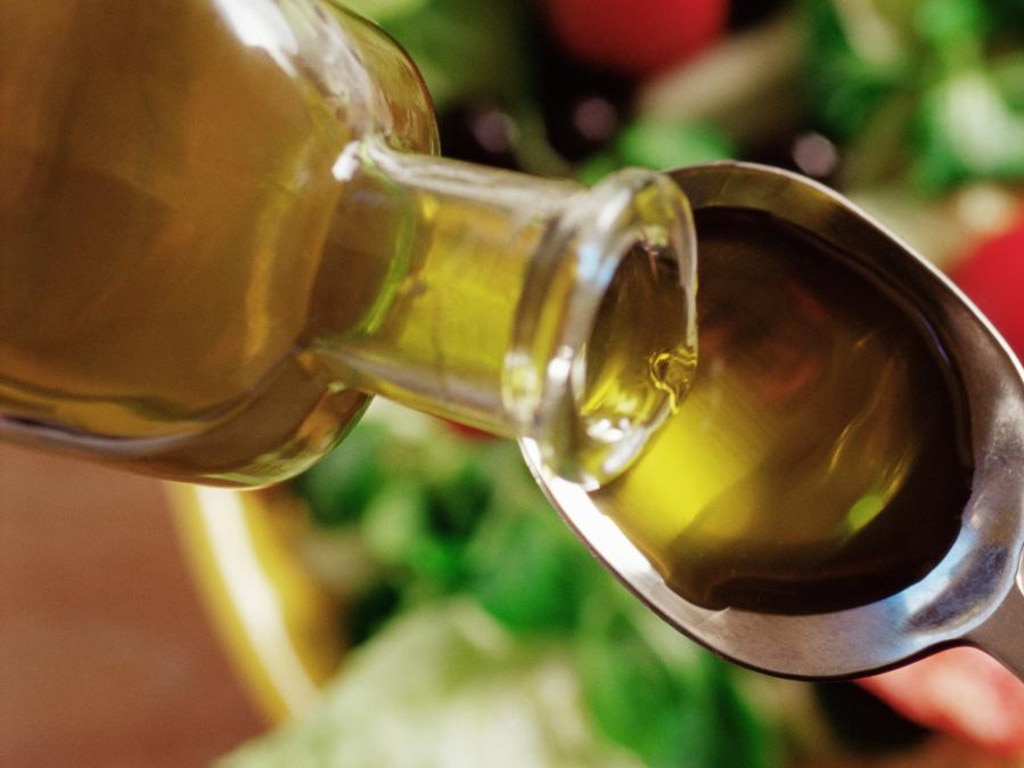Extend your life - have a daily teaspoon of olive oil
Harvard research scientist Marta Guasch-Ferre is on a mission to make olive oil consumption a daily habit for all of us.
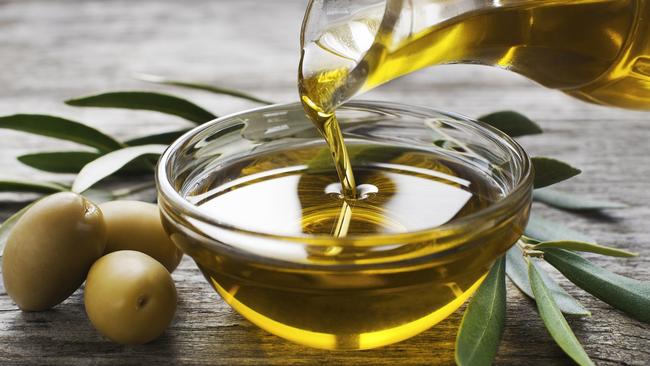
It has long been touted for its health benefits, particularly when it comes to protecting the heart, but olive oil’s reputation as a life-enhancing elixir was boosted dramatically with a new study showing it can slash your risk of dying prematurely from a much wider range of diseases. According to a team of Harvard nutritionists who reported their findings in the Journal of the American College of Cardiology, you don’t even need much of it to make a difference. They showed that consuming just a teaspoon of olive oil daily was associated with a 12 per cent reduced risk of death from all causes compared with those who rarely or never consumed olive oil.
Use half a tablespoon (7g) or more olive oil daily and the potential rewards are even greater. Findings from the new research showed participants who consumed this amount of olive oil experienced a 29 per cent reduced risk of early death from neurodegenerative disorders such as Alzheimer’s disease and Parkinson’s disease, and a 19 per cent lower risk of cardiovascular disease mortality. An intake of at least half a tablespoon daily was also associated with a 17 per cent lower death risk from cancer and 18 per cent from respiratory disease. “What was surprising were the benefits for diseases other than cardiovascular disease which is already well documented,” says the study author Marta Guasch-Ferre, a research scientist at Harvard TH Chan School of Public Health’s department of nutrition. “And the fact that relatively large gains came with small increases in consumption.”
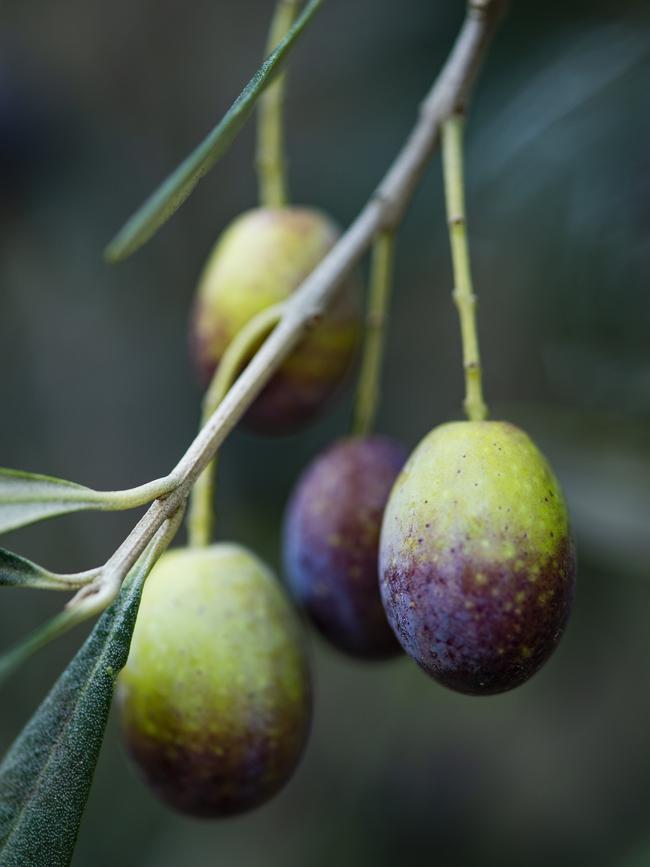
Guasch-Ferre and her colleagues had analysed the diet habits of 60,582 women and 31,801 men, all participants in the ongoing Nurses’ Health Study and the Health Professionals Follow-up Study from 1990 when all the recruits were free of cardiovascular disease and cancer. Every four years during a 28-year follow-up, participants were asked about their diet habits, including how much fat and oil they were consuming and using in cooking as well as what brands and type they purchased. By the end of the study period, there had been 36,856 deaths overall with olive oil eaters clearly faring much better than those who avoided it. The standout finding, says Guasch-Ferre, was the connection between olive oil and fewer deaths from degenerative brain disease. “Alzheimer’s disease has high morbidity and mortality rates and yet there are few preventative strategies people can employ,” she says. “It could be something that proves valuable in terms of public health.”
Olive oil’s benefits stem from its impressive nutrient profile. It contains some saturated fat (about 16 per cent) but comprises predominantly monounsaturated fatty acids (Mufa) including the potent oleic acid that is known to reduce inflammation in the body and to improve levels of unhealthy blood fats such as cholesterol and may even have beneficial effects on genes linked to cancer. “It contains vitamins E and K, and is also packed with polyphenol compounds and other antioxidants that may reduce your risk of disease,” Guasch-Ferre says. It’s not just adding it to your diet but consuming it in place of less healthy saturated fats that will make a difference. Substituting just over two teaspoons (10g) of butter, margarine and mayonnaise with olive oil was associated with up to a 34 per cent lower risk of death caused by disease compared with those who didn’t make the switch.
Guasch-Ferre is now on a mission to make olive oil consumption a daily habit for all of us. Born in Spain, but living and working in the US, she says she grew up believing olive oil was the only dietary fat necessary in life. “In our household, like many in Spain and Mediterranean countries, we used it in everything,” she says. “We baked with olive oil, fried with it, added it to salads and used it in anything that required a fat. You don’t need another fat if you have olive oil. It’s a wonderful habit for everyone to adopt.”
Start by replacing two teaspoons of butter, marg or mayo with olive oil. If you can then increase your consumption to half a tablespoon or more daily (while cutting down on saturated animal fats), all the better. “We saw gains with people using really very small amounts of olive oil compared to those having none of it,” says Guasch-Ferre. “Just get used to using it more often.” If olive oil is not your thing, she says other plant oils - including sunflower, safflower and rapeseed - might have a similar beneficial effect if substituted for saturated fat alternatives.
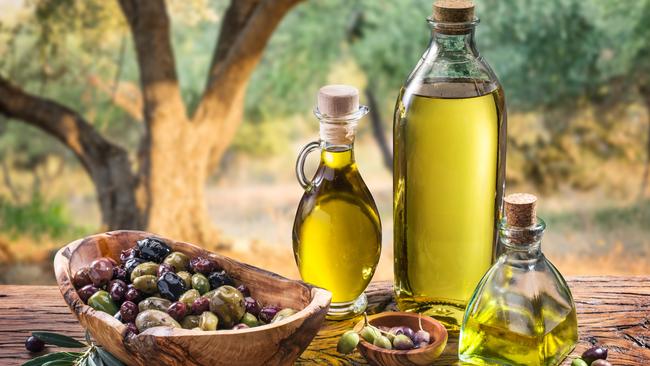
Is it worth paying more for extra virgin olive oil?
Regardless of how it is produced, olive oil is high in monounsaturated fatty acids - about 75 per cent by volume - which has been shown to help lower your “bad” LDL cholesterol when substituted for saturated fats, although in many ways you get what you pay for. Of the three main types - extra virgin, virgin and regular - the purest, most antioxidant-packed, but also the more expensive, is the extra virgin. Top-of-the-range extra virgin olive oil is cold-pressed and is best for drizzling or for dipping with bread.
“Because it is pressed from ripe olives and processed without high heat or chemicals, extra virgin contains more of the beneficial chemicals associated with the original plant source such as polyphenols,” Guasch-Ferre says.
In theory, these higher concentrations of polyphenols may provide extra antioxidant and disease-fighting benefits, although there is no clear evidence that extra virgin olive oil has greater protective effects than other types. Next best if you are not cooking with it is virgin olive oil, which is mechanically extracted, and then regular olive oil, which is more processed. But any form of olive oil is better than saturated fat alternatives, Guasch-Ferre says, and a combination of all three is fine.
Will it lead to weight gain?
It is certainly not a low-calorie food and with about 120 calories per tablespoon you might assume that increasing consumption of it will show on your waistline. Yet studies have shown that even high consumptions of olive oil have little impact on weight gain and obesity. Part of the reason is thought to be that it is packed with Mufas, which help to keep blood-sugar levels stable and assist with appetite control and weight loss. “There is no scientific evidence that eating more olive oil is associated with weight gain,” Guasch-Ferre says. “In fact it probably increases satiety and fullness, which may help people consume fewer unhealthy snacks.”
Can you fry with it?
Martin Grootveld, a professor of bioanalytical chemist at De Montfort University in Leicester, says it’s a myth that you shouldn’t fry foods in olive oil and that it is better for doing so than oils high in polyunsaturated fatty acids (Pufa) such as sunflower. In his research, Grootveld has studied the effect of heat on a range of oils looking at their smoke point - the heat an oil can be taken to before it starts to break down and release free radical chemicals and toxins including aldehydes that have been linked to cancer and heart disease.
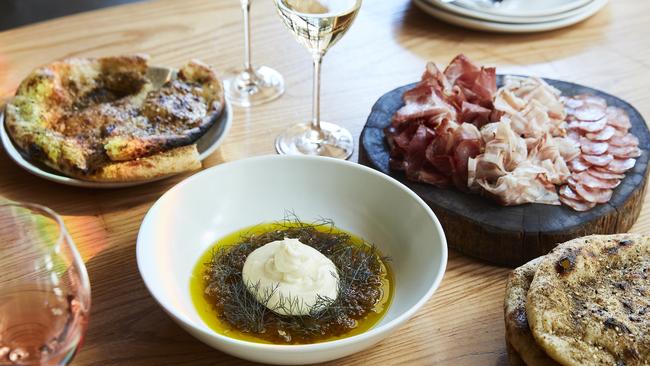
Oils with higher smoke points, including saturated animal fats and coconut oil, are generally better for frying or roasting but a close second is olive oil. “Since many consumers don’t want to use saturated fats for health reasons, I tend to recommend Mufa-rich oils such as olive oil, as Mufas are much more resistant to heat-induced damaged than the Pufas in sunflower, safflower, corn and seed oils,” he says.
His rule of thumb is that it is better to cook with the cheaper, more highly processed olive oils and to save cold-pressed extra virgin for salads and dressings. “The more highly processed an oil, the higher the smoke point it has, meaning it is safer to cook with,” he says.
Although Grootveld agrees with Guasch-Ferre that you can even re-use olive oil that has been heated, he says it does depend on your cooking methods. “For deep-frying, you can perhaps re-use it several times over. If shallow frying there is a greater exposure to oxygen and this markedly promotes oxidation, so it is best not to re-use it.”
Try to fry at lower temperatures, which will prevent the oil from burning, and don’t re-use it indefinitely. “Continual re-use of olive oil for frying will eventually generate quite high levels of toxic lipid oxidation products,” he says.
A study in the journal Food Chemistry reported that frying vegetables in extra virgin oil increases their antioxidant capacity and produces chemicals that help to prevent cancer, diabetes and loss of eyesight. Researchers suggested the vegetables fried in this way had more beneficial properties than when boiled.
Is rapeseed oil a better choice?
Jamie Oliver and Tom Kerridge are among the top chefs to rave about rapeseed oil, extracted from the seedpods of the bright yellow flower the rape plant produces. With a light and neutral flavour, it works as a replacement for butter in baking, but does it match olive oil for health benefits? The nutritionist Rhiannon Lambert, author of The Science of Nutrition (Dorling Kindersley), says both oils contain plenty of Mufa and have slightly different benefits. “Rapeseed oil has less saturated fat and contains omega-3, 6 and 9, forms of fat that support brain, heart and joint function,” Lambert says. “But olive oil is higher in the antioxidant polyphenols that fight disease.”
Rapeseed oil, though, is not as good to cook with, according to Grootveld. “It contains relatively high Mufa, although not as high as in olive oil. But the 7 per cent omega-3 fatty acids in rapeseed oil are particularly susceptible to oxidation and the release of damaging toxins when heated, making it a worse choice than olive oil for cooking with.”
The Times

